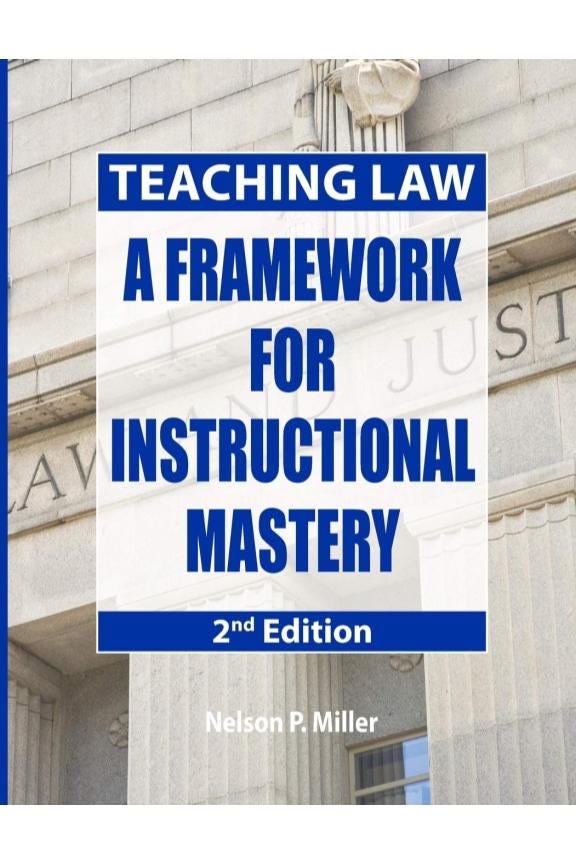Remember by Spacing Repetition
It's All About Enacting, Elaborating, and Encoding
I just had the privilege of engaging with Geary Johansen on his Substack The Omega Inflection regarding the value of spacing repetition, when trying to help students or others remember information.
In cognitive terms, spaced repetition moves short-term memories into longer-term structures. Short-term memory is limited. You’ll forget a name moments after an introduction unless you rehearse, elaborate, repeat, or recall it, moving it from short-term to longer-term memory. Repeat the name when you depart a half-hour later, and you’ll probably still remember the name late that day. If you repeat it that night, again in a couple of days, and again in a couple of weeks and couple of months, you may remember the name for a couple of years if not forever.
The same is true for classroom instruction. The best instructional designs tend to present the stimuli, whether the lecture, slide show, video presentation, or discussion, in a way that includes some internal repetition at interludes of a few minutes. Then repeat the key information at the end of the class period. Send students home with a tool, whether a short homework assignment or overnight quiz or check-in, that encourages them to revisit the key information later that day or early the next day. Then repeat the key information at the next class, a review session a couple of weeks later, and at the end of the term. Those students will remember.
Spaced repetition is, of course, only one sharp tool in an instructional master’s toolbox. As my book Teaching Law: A Framework for Instructional Mastery summarizes, learning begins with attention, followed by interpretation, elaboration, generation, and retrieval. Each of those terms has a fairly specific meaning within the teaching-and-learning field. Spacing information in manageable chunks, varying the encoding methods, providing organizing structure, supplying mental imagery, and using elaborative interrogation can all help. Learning has a lot to it, as Geary observed.
It’s been a few years since I thought much about these subjects, after having retired as a law professor and dean of instructional enhancement. I had the incredible privilege of working with a team of Ph.D. students in behavioral psychology, in an instructional design laboratory. The students and their brilliant director fed me substantial empirical literature, proving the effectiveness of various subtle practices in stimulating learning. The work we did together made a big difference in our campus learning outcomes, in retention and passing the professional licensure exam. Kudos to Geary for taking an interest in the subject of memory and learning. Check out his Substack The Omega Inflection.



